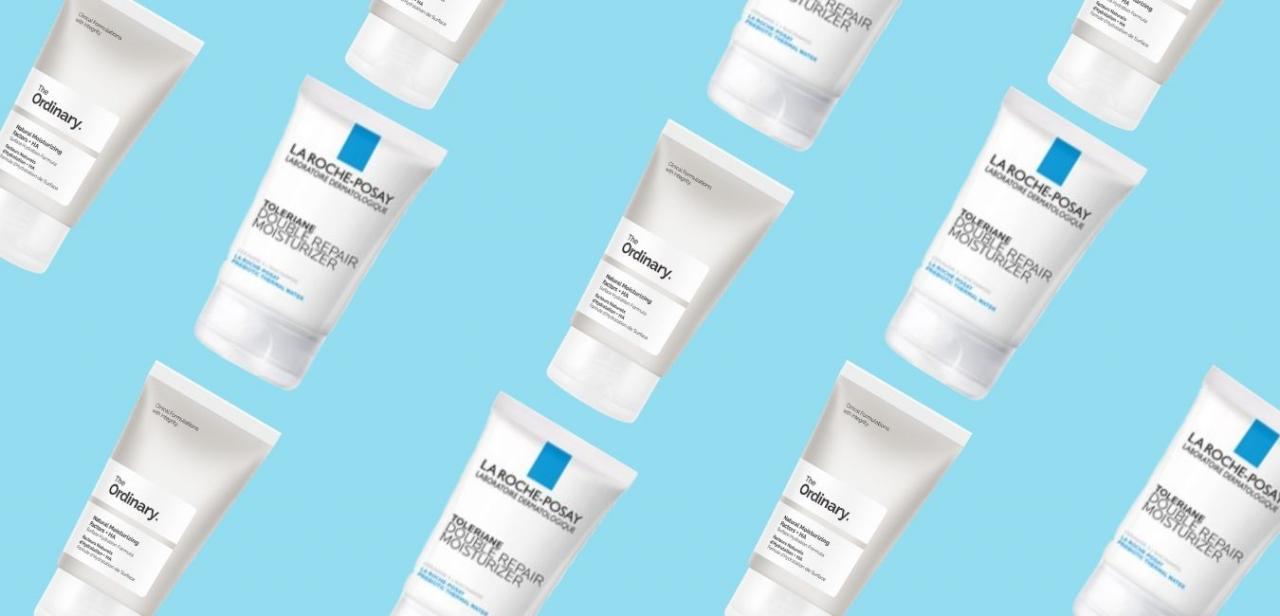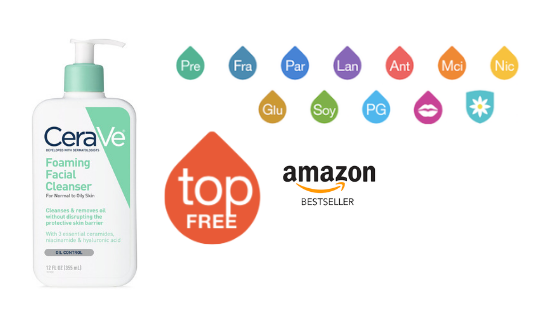Acne is a skin condition causing pimples or zits to form on the face, neck, back, chest, and shoulders. Although there is no cure for acne, there are many treatment options to limit acne flare-ups and control acne symptoms. For people who do not benefit from standard acne medications, treatment with lasers and other light sources may improve the skin's appearance.
Laser and other light therapies are designed to affect the deep layers of the skin without damaging the surface. Some laser treatments attempt to reduce oil on the skin by damaging the oil glands inside the skin. Other light treatments attack bacteria on the skin which can cause inflammation. There are several different types of light therapy:
• Blue light - Propionibacterium acnes (P. acnes) is the bacteria that causes acne. Low-intensity blue light is believed to destroy P. acne bacteria which can prevent acne flare-ups. Unfortunately, P. acne is a common bacteria that multiplies quickly, so on-going blue light treatment is needed to keep the bacteria under control. This treatment is painless, but may cause redness and dry skin in the treated area.
• Pulsed light – This treatment combines heat and pulsed light to kill P. acne bacteria and to shrink the oil glands in the skin.
• Laser therapy – Diode lasers proved focused energy that can destroy the oil glands in the middle layers of the skin without damaging the surface of the skin. For example, the Candela Smoothbeam laser is FDA approved to treat a variety of skin conditions, including acne, by alternately heating and cooling the middle layer of the skin.
• Intense pulsed light (IPL) – Sometimes called photodynamic therapy, this treatment uses medication on the skin to enhance the affects of pulsed light. IPL is different from laser treatment because lasers emit one frequency of light while IPL technology uses pulses of a broad spectrum of light.
Talk to your dermatologist or other healthcare provider if you are considering light treatment for acne. These treatments are not guaranteed to provide improvements for all types of acne, and may take several weeks and multiple treatments before any improvements can be seen.
Some light treatments, including laser and IPL, can be painful as the skin is heated. Numbing creams can help if they are applied approximately one hour before treatment. Be sure to talk to your healthcare provider and follow all instructions for preparing your skin before light treatments.
Sources:
National Institute of Arthritis and Musculoskeletal and Skin Diseases
Mayo Clinic
Baylor College of Medicine
Reviewed July 19, 2011
by Michele Blacksberg R.N.
Edited by Shannon Koehle






Add a Comment1 Comments
Killing the acne bacteria using antibiotics is a fruitless and destructive approach. Taking antibiotic is destructive because it upsets the natural balance of the P.acne in our body, eradicates the good probiotic bacteria and enables the intrusion of harmful bacteria to skin. Taking antibiotics is fruitless because constant intake of antibiotics will eventually cause the p.acne to become resistant to antibiotics. It is a fruitless approach also because it doesn’t stop the environment that caused the P.acne to multiply.
The only way to stop acne permanently is to neutralize the acne environment (when the bacteria multiplies and feeds on blood toxins and excessive production of oil). To stop acne, you must balance oil secretion and discharge your body from accumulated toxins and control the nutritional, hormonal, psychological and environmental triggers.
July 22, 2011 - 11:40amThis Comment